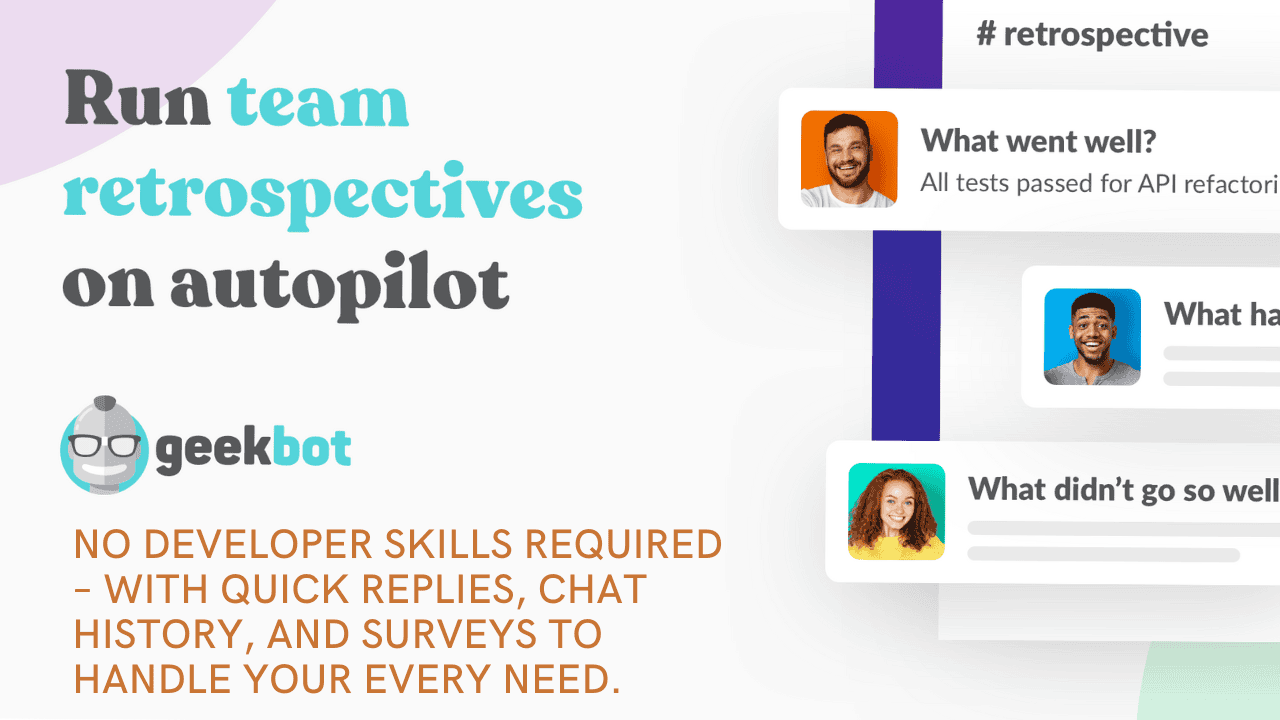Artificial intelligence (AI) is a subject of conversation at present with debates about its potential influence on employment, society and the future of mankind. While some people welcome the progress in AI technology others voice worries about its consequences. In this article we will delve into five reasons why AI, especially generative pretrained transformers such as ChatGPT may not be the groundbreaking force it’s often depicted as.
1. Job Market Disruption: A Double-Edged Sword
The increasing influence of artificial intelligence, on the job market is expected to be substantial. According to OpenAIs findings about 49% of positions may experience AI driven improvements in their tasks. While this may seem encouraging it poses concerns regarding employment stability. People are now pondering the value of pursuing degrees in areas such as computer science, as they worry that AI advancements could make their expertise outdated.
Nonetheless it’s crucial to understand that AI wont completely replace the need for skills. Rather it will change the nature of work in fields. For example computer science graduates will still play a role in managing AI technology, developing new solutions and ensuring the proper functioning of AI systems. So while AI may alter job roles it will also open up avenues that rely on human creativity and intuition.

2. Limitations of AI Programming Capabilities
Although ChatGPT and comparable AI models showcase abilities they’re not flawless when it comes to programming. They shine in tackling problems and creating code for scenarios. Yet in scenarios demanding comprehension and out of the box problem solving AI tends to struggle.
For instance when trying to create a moderately complex software AI may face challenges with aspects. It often resorts to repeating information instead of offering truly creative solutions. This drawback suggests that although AI can aid in coding it cannot substitute the subtle problem solving abilities that human programmers have.

3. The Hype Surrounding AI Technology
The hype surrounding AI sometimes results in inflated statements about its potential. Organizations such as OpenAI might showcase their progress in a manner that implies theyre close to developing intelligence (AGI). Nevertheless these claims often lack clarity and technical specifics, sparking doubts about their credibility.
Additionally the tactics used by AI firms in their marketing efforts can create a sense of urgency, for regulating AI sparking increased public anxiety. This promotional buzz may overshadow the true capabilities of AI and misrepresent its future prospects to the public.

4. AI’s Impact on Creativity and Authenticity
With the rise of content there are growing worries about the genuineness of interactions and originality. People now struggle to tell if something was made by a person or an AI. This blending of boundaries could result in a uniform and less genuine online environment.
There are theories circulating, about the so called “dead Internet theory.” This suggests that AI powered accounts generate interactions that influence both content creators and their followers. The distinctiveness of creativity could be overshadowed by AI produced material leading to a perception of the Internet as being less lively and varied.

5. The Inevitable Plateau of AI Development
Finally it’s important to recognize that the progress of technology won’t keep accelerating at a pace forever. Looking back we see that technologies tend to hit a point of growth after their developments. The algorithms powering language models although impressive aren’t as intricate as they might appear.
The concern about a point in time when AI outshines human intellect is baseless. In fact while AI can imitate actions and produce text it doesn’t possess the level of comprehension and awareness that characterizes being. The concept of reaching intelligence still seems far off if it’s even possible.

Conclusion
Although AI, especially generative models like ChatGPT offer opportunities it’s crucial to view these technologies, with a perspective. Recognizing the limitations potential disruptions and the actual impact of AI hype can aid both individuals and businesses in navigating the changing AI landscape. Adopting AI as a tool instead of a substitute for creativity will be essential, in reaping its rewards without giving in to apprehension.







